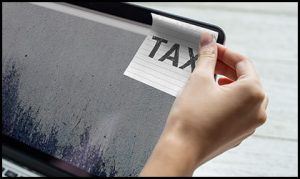In Japan and the coalition government of Prime Minister Shinzo Abe has reportedly temporarily shelved a controversial proposal that would have required non-resident foreign players to pay a tax on cash prizes won at any of the nation’s coming trio of integrated casino resorts.
According to a report from Inside Asian Gaming, the contentious proposition was first floated late last month by officials from within the country’s Ministry of Finance and could have been implemented from as early as 2021 onwards after being included in draft tax reforms from next December.
Monetary model:
Although no specific tax rates were reportedly suggested, it was thought that the scheme was to be modeled on a current system that already collects similar levies from horseracing prizes. It was moreover alleged that the plan was to see foreign punters taxed on the difference between the value of their purchased casino chips and the amount of those that were subsequently converted back into cash.
Significant resistance:
However, the idea of taxing such winnings as ‘temporary income’ immediately drew fire from legislators including members of Abe’s own ruling Liberal Democratic Party over concerns that it would place a heavy burden on operators and potentially hinder future investment in Japan’s nascent three-venue casino market, which could begin going live from as soon as 2025.
Revised timeline:
Inside Asian Gaming reported that the suggestion has now been provisionally postponed for at least another year so that officials can further study its potential implications and has absolutely no chance of being implemented until 2022 at the earliest.



